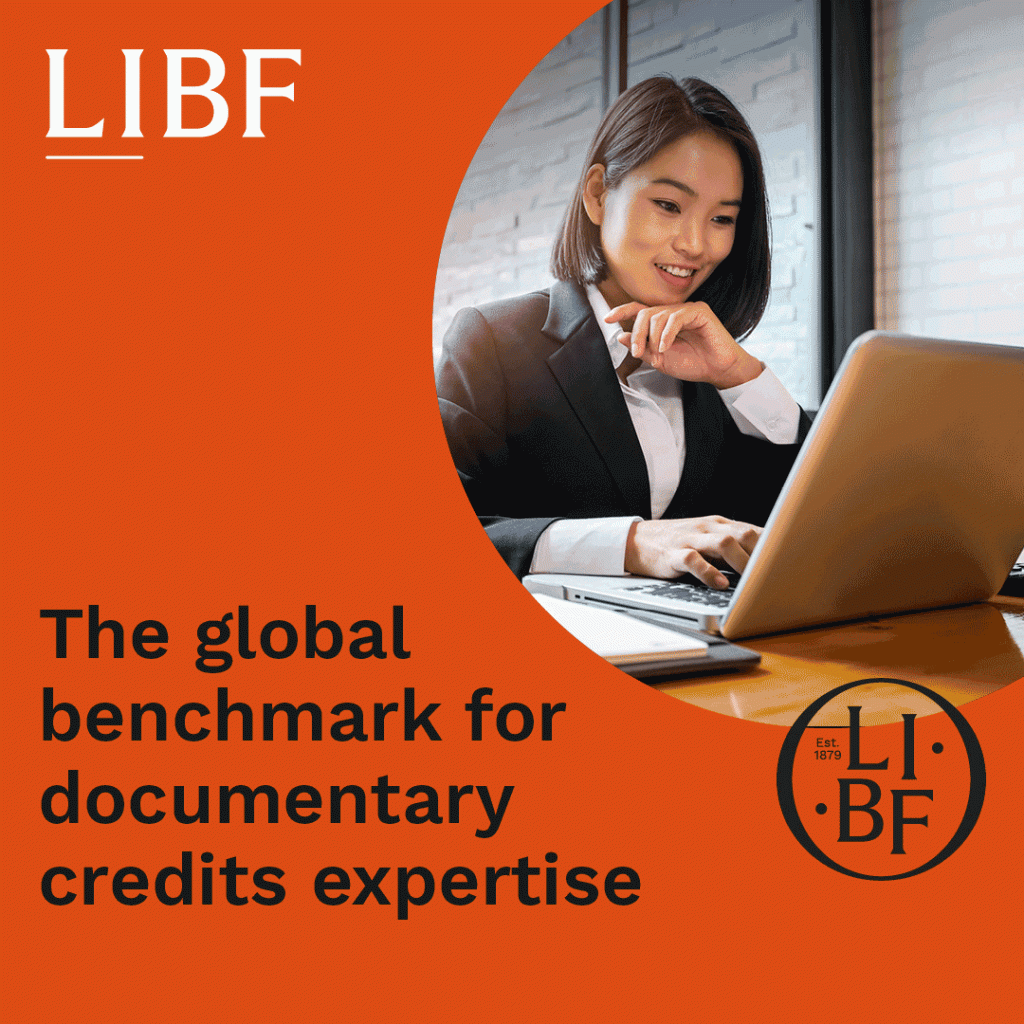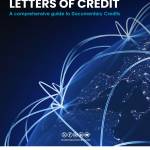Understanding MT 710: advice of a third bank’s or a non-bank’s documentary credit

Access trade, receivables and supply chain finance
We assist companies to access trade and receivables finance through our relationships with 270+ banks, funds and alternative finance houses.
Get Started
ADVERTISEMENT
Contents
Understanding MT 710: advice of a third bank’s or a non-bank’s documentary credit
The MT 710 message, integral to the Swift network, is key in international trade finance. It facilitates the advising of documentary credits across banking institutions and non-bank entities.
MT 710 format specifications
Intended to advise banks about the terms and conditions of a documentary credit issued by another bank or a non-bank entity, the MT 710 allows communication between the issuing and advising banks, directly impacting the execution of international trade agreements.
Who uses MT 710 and why?
Users
Financial institutions and non-bank entities issuing documentary credits use the MT 710 to communicate these credits’ specifics to banks advising the beneficiaries. This broad user base includes international traders, banks, and corporates engaged in cross-border transactions, requiring precise and reliable documentary credit advisories.
Purpose
The MT 710 is crucial for ensuring that beneficiaries are accurately informed about the documentary credits in their favour.
It formalises the notification process, facilitating trust and adherence to international trade agreements. By providing a standardised method for advising credits, the MT 710 supports the execution and fulfilment of contractual obligations in international trade, enhancing transactional efficiency and reliability.
Potential issues and advancements
Challenges
- Complexity and expertise: The intricate nature of documentary credits and the detailed requirements of the MT 710 message require specialised knowledge, making it complex to manage.
- Interoperability concerns: Differences in technology and standards across banks can challenge the seamless processing of MT 710 messages.
- More articles on SWIFT Messaging Types
- Messaging Types Resources















